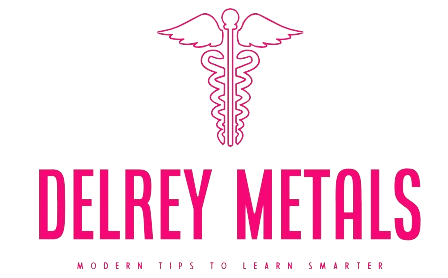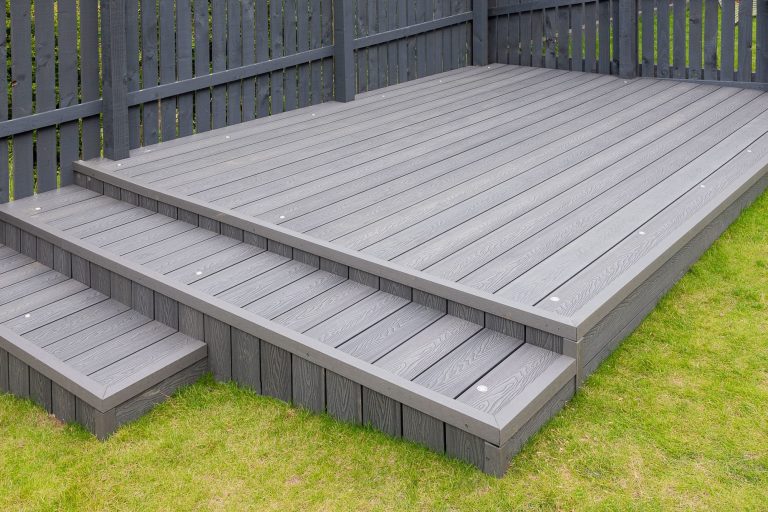A common worry is hair loss, hence discovering a workable treatment could transform life. Among the several therapies offered, finasteride has become somewhat common for addressing the underlying cause of hair loss. Although oral and topical finasteride address the same problem—that is, the hormone dihydrotestosterone (DHT), which causes hair thinning—their delivery techniques and possible side effects can differ greatly. One often-asked question to individuals thinking about this treatment is, does topical finasteride work? Anyone considering the variations between these two methods of hair restoration should ask this question.
Understanding oral finasteride
Often recommended in tablet form, oral finasteride is well-known for lowering body DHT levels. Oral finasteride helps lessen hair thinning, especially in men with male pattern baldness, by blocking the enzyme in charge of turning testosterone into DHT. Daily taken, it acts methodically and influences the whole body. Although it can slow down or even stop hair loss, some users may have negative effects including lower libido, erectile dysfunction, or mood swings since its systemic character. Many people have investigated other forms of finasteride, including the topical type, due in large part to these possible side effects.
Topical Finasteride’s Emergence
One focused way to address hair loss is provided by topical finasteride. You dab the medicine straight on the scalp rather than swallowing it. The theory is that you can get comparable outcomes without running the danger of systematic side effects by focusing the treatment on the afflicted areas. Many find this localized delivery appealing since it lowers the likelihood of common oral adverse effects. Still, many people’s major concern is, “Does topical finasteride work?” Promising findings have come from research; some studies indicate that, given regular use, it can be just as effective as its oral equivalent.

Key Variations Between Oral and Topical Finasteride
The two types of finasteride differ mostly from each other in their distribution technique. Oral finasteride acts all across the body and can cause more general side effects. On the other hand, topical finasteride absorbs straight through the skin, thereby providing a more concentrated treatment with fewer side effects. Since the medicine must be absorbed through the scalp, topical therapies could take more time to show effects nonetheless.
In the war against hair loss, both topical and oral finasteride offer advantages. Although oral finasteride is well-known for its potency and general availability, topical finasteride is becoming more and more popular for its localized action and lower risk of systemic side effects. If you’re wondering, does topical finasteride work? the response seems to be yes since many people have observed it over time favourable effects. The greatest choice ultimately relies on personal tastes, way of life, and professional medical advice.






